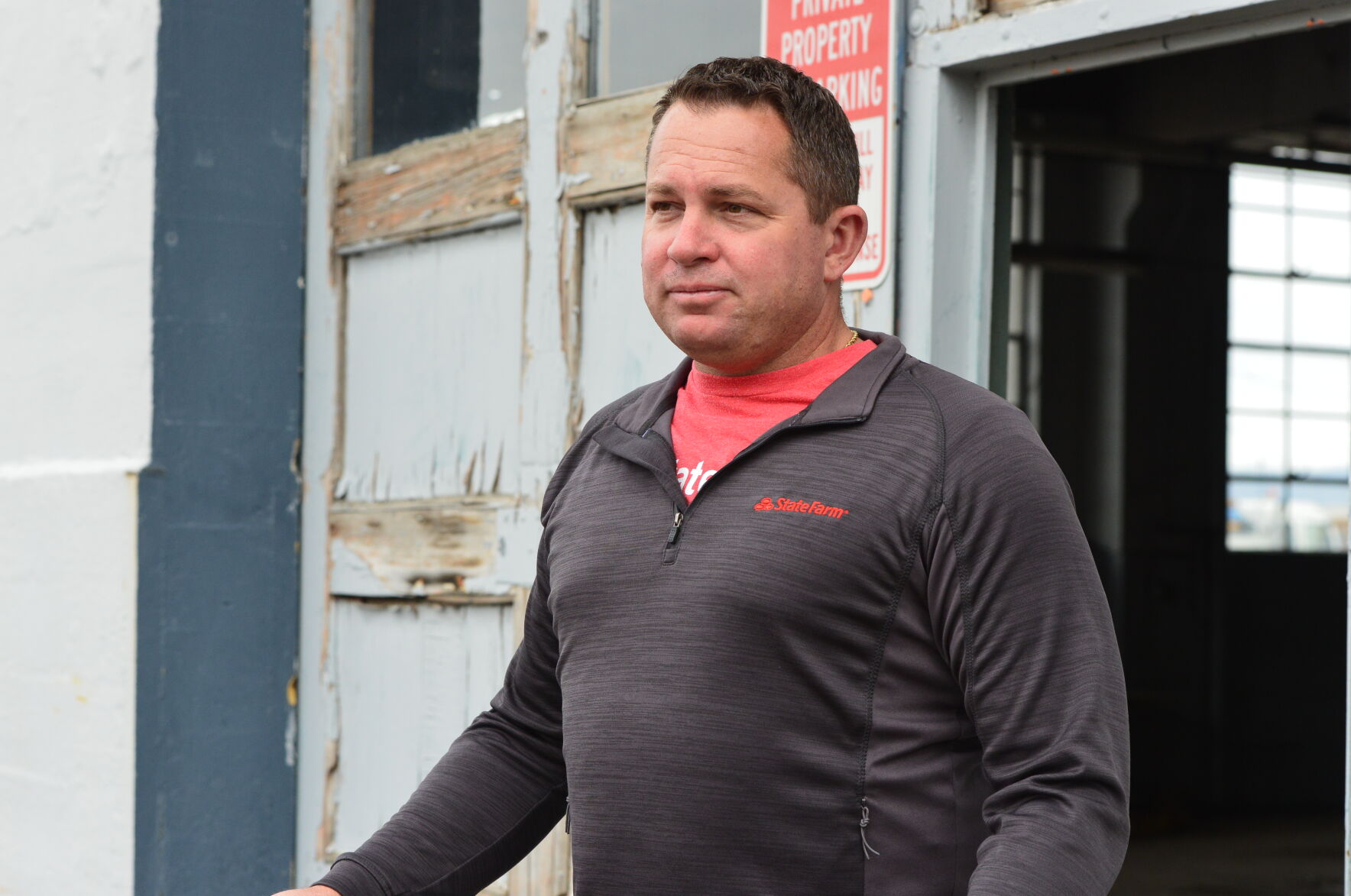La Grande increases ambulance fees, OKs utility relief program
Published 7:00 pm Friday, April 9, 2021

- Strope
LA GRANDE — Ambulance fees are increasing in the city of La Grande, and residents enduring financial hardship because of the pandemic could get some utility bill relief.
The La Grande City Council during its meeting Wednesday, April 7, voted 7-0 in favor of bumping up ambulance fees, which the council discussed during a work session March 8.
“We have not increased our ambulance fees since 2009,” City Manager Robert Strope told the council during the Wednesday night meeting, “and the cost of doing business, as everyone knows, continues to go up.”
In addition to the new fees, Strope said, the city is implementing one rate for people who are residents of La Grande and a higher rate for those outside the city limits. La Grande residents already are paying property taxes in the city, he said, and providing a “discount” acknowledges that.
The rate for advanced and basic life support has been $1,000. That is increasing to $1,950 for nonresidents and to $1,450 for residents.
Other rates are the same whether someone lives inside or outside La Grande. Special care transport, for example, is increasing from $2,000 to $2,500, and the per hour rate for special events is increasing from $150 to $200. The new rates go into effect July 1.
The city also will not charge amounts in excess of the caps to people on Medicare and Medicaid.
“For those that I think we feel are kind of the most vulnerable to increases, it would not impact them in that regard,” Strope said. “We wanted to emphasize that.”
Strope called the increases reasonable and said they would be on par if the city had been increasing the rate to keep up with inflation. He also said this would put La Grande more in line with similar jurisdictions.
In another unanimous vote, the council approved a program to help residents pay their utility bills.
Councilor Gary Lillard recently learned some La Grande residents were having difficulties paying their back utility bills due to COVID-19 pandemic restrictions and closures, and they faced shutoffs. The local nonprofit Community Connection of Northeast Oregon Inc. has been inundated with requests for assistance.
To help, the city agreed to allocate $20,000 to Community Connection to provide need-based grants to La Grande residents so they can pay their utility bills. The money is coming out of the COVID-19 loan program the city set up in 2020 using money from the general fund. Strope said the local program still has more than $185,000 available.
“I think this would be a great opportunity to provide some much-needed help in a pretty extraordinary set of circumstances for our community,” Strope said.
Community Connection also has similar deals with other local governments, Strope said, and the $20,000 will provide for about two or three months of relief for approved citizens.
He also said the city is set to receive about $2.7 million from the American Rescue Plan Act of 2021, the latest federal COVID-19 relief package. There are no regulations yet for how local governments can spend their federal allocations, he said, but the city will be able to use the funds to backfill for lost revenue, including for declines in the transient room tax and aquatic fees.
Before the vote, Counselor John Bozarth asked if utility providers Avista and Oregon Trail Electric Cooperative had set up programs to help locals pay their natural gas or power bills.
“I think those two companies have a heck of a lot more disposable funds than we have,” he said.
After the council voted in favor of the need-based grants program, Strope said he would find out more about what OTEC and Avista have to offer.
In other business, the council approved a hiring incentive of up to $6,000 for the police department for officers it hires after April 7.
The city would pay the incentive in three $2,000 installments: The first for applications who complete field training so they can work solo; the second upon completion of probationary status and 12 months of continuous service (whichever occurs last); and the third after working 30 months of continuous, satisfactory service as a police officer for the city.
The incentive is to attract and hire experienced police officer candidates to replace some of the experience the department lost with the high number of retirements over the last several years, according to a memo to the city council. Other police agencies in Oregon offer similar incentives.
• Advanced and basic life support $1,450 for residents, $1,950 for nonresidents.
•Aid call for residents $300, for nonresidents $500
• Special care transport $2,500.
• Per hour rate for special events increasing to $200.
• New rates take effect July 1.
For a full list of the fees, visit www.cityoflagrande.org, follow the link under “City Office” to the city council webpage and click on the link under “Recent Council Agenda.”





